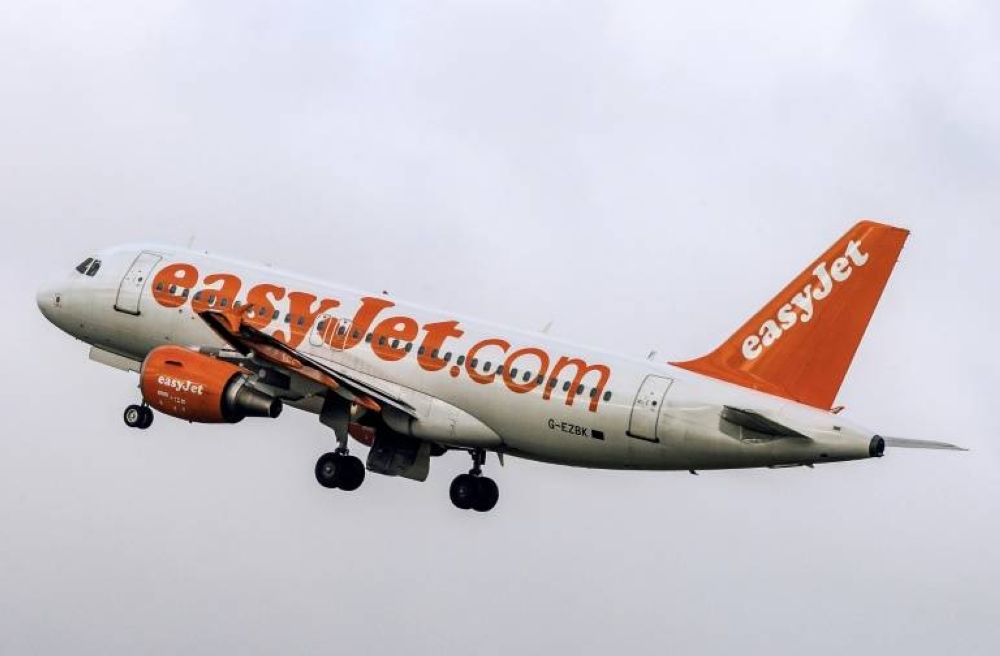British no-frills carrier EasyJet on Thursday said it had reached a deal worth close to $20 billion for 157 Airbus planes and alterations to a previous order with the European planemaker as the sector recovers from the pandemic.
It will allow "fleet modernisation and growth to continue beyond 2028 while providing substantial benefits including cost efficiencies and sustainability improvements", EasyJet chief executive Johan Lundgren said in a statement, adding there was an option for 100 more jets.
Delivery for the 157 firm orders is due between 2029 and 2034.
The announcement comes as the aviation sector is in full recovery mode after suffering huge losses during Covid pandemic lockdowns.
EasyJet on Thursday said it would reinstate shareholder dividends after signalling record pre-tax profits in the final quarter of its financial year, or three months to the end of September.
"We have delivered a record summer with strong demand for EasyJet's flights and holidays with customers choosing us for our network, value and service," said the carrier that flies mostly across Europe.
- Plane orders –
EasyJet on Thursday said it had "entered into conditional arrangements" with Airbus for 157 aircraft -- 56 A320neo and 101 A321neo.
It has agreed also "to exercise conversion rights within its current order book to convert 35 A320neo deliveries into A321neo aircraft".
The deal as a whole was worth $19.9 billion at list prices and "will deliver lower fuel burn, CO2 emissions and operating costs per seat", EasyJet said.
Airlines tend to win big discounts on the list prices of planes ahead of delivery.
"Further information's needed on how these planes will be funded, with less capital-intensive option of sale leasebacks potentially an option," noted Sophie Lund-Yates, lead equity analyst at Hargreaves Lansdown.
Following the updates, the airline's share price slumped 3.8 percent to 420.30 pence in early London trading.
"Investing in airline shares has always been a challenge, and the events of the last week have underscored how external factors can undermine progress," said Richard Hunter, head of markets at Interactive Investor.
The Israel-Hamas conflict "has weighed on the sector as a whole, while a fire at its home airport in Luton is also potentially damaging".
Airlines this year have battled also high inflation, notably increasing costs for jet fuel and wages.
But for EasyJet, "the planned return to dividend payments and ambitious new growth targets (are) clear signs of management confidence in prospects", Hunter added.

